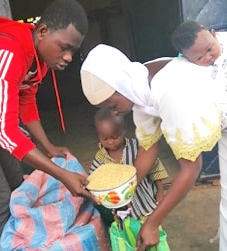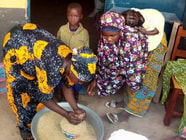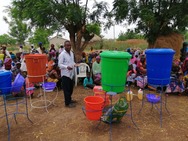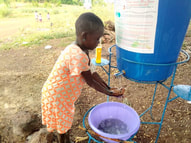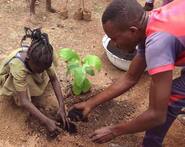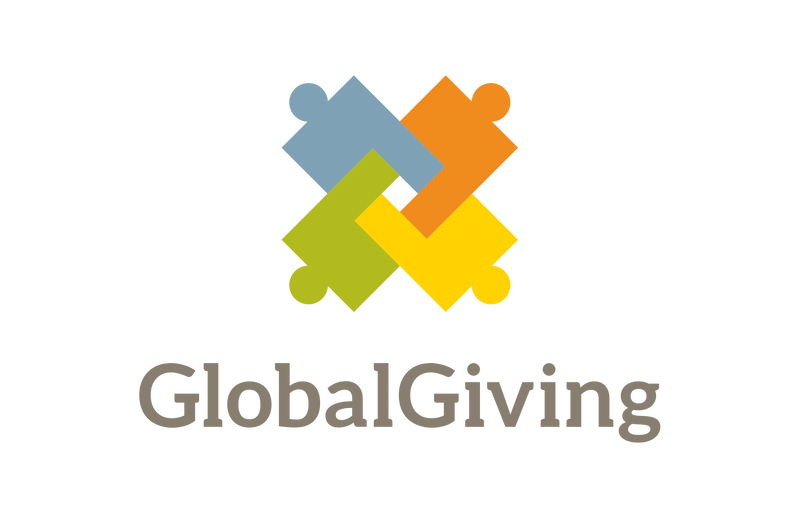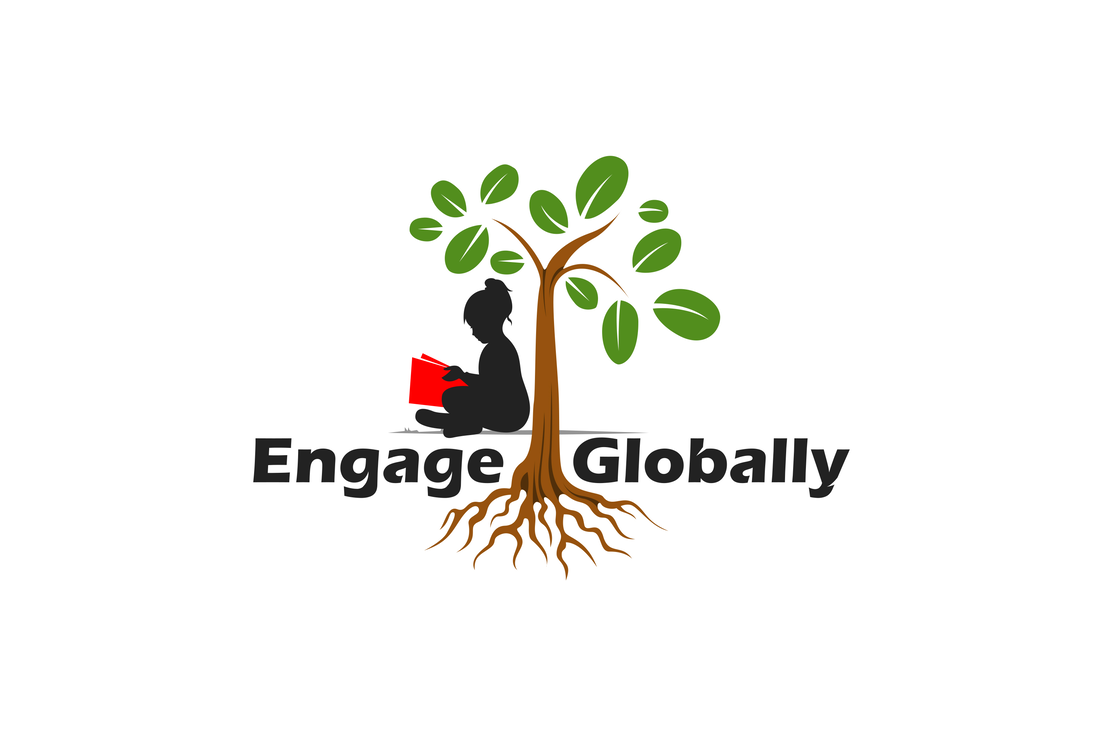Engage Globally Coronavirus Response
During these challenging times, Engage Globally is working closely with our local partners to address urgent needs associated with the Coronavirus through the following efforts.
Rural Northern Ghana with local partner Capacity Rural International (CRI):
A poor growing season, government closure of markets and schools, and changes in global trade have led to an urgent and severe food shortage. For the students and families in our programs, the closing of schools has been particularly impactful as children are no longer able to get a daily meal through our early childhood education centers. Before any cases of the virus were identified in the region, our partners held a Parent Teacher meeting and a community meeting to share strategies about reducing viral spread and to ask how we could most effectively help the community. Community members stressed that food was their primary concern, as illustrated by one mother's statement, " We desperately need help with the food shortage...because the pandemic is creating a lack of food and raising prices."
With additional donations, we hope to:
Rural Northern Ghana with local partner Capacity Rural International (CRI):
A poor growing season, government closure of markets and schools, and changes in global trade have led to an urgent and severe food shortage. For the students and families in our programs, the closing of schools has been particularly impactful as children are no longer able to get a daily meal through our early childhood education centers. Before any cases of the virus were identified in the region, our partners held a Parent Teacher meeting and a community meeting to share strategies about reducing viral spread and to ask how we could most effectively help the community. Community members stressed that food was their primary concern, as illustrated by one mother's statement, " We desperately need help with the food shortage...because the pandemic is creating a lack of food and raising prices."
- Food distribution - distributed rice, peanut oil, beans, vegetables and other foods to 346 mothers of young children (pictured above) twice.
- Public health trainings - held three large community training to share, strategies for reducing virus transmission, and hand washing. In these communities, there is no access to clean water, so hand washing with soap is a key strategy for virus reduction and other public health issues.
- Hand washing stations - installed six hand washing stations in two villages, serving over 2000 people (see photo below)
- Soap distribution - distributed family size soap bars to each of the 300 students enrolled in our programs and bars of soap to 900 people who attended the public health trainings
- Staff and youth scholarship student trainings - met with staff and older students from our scholarship program to train them on the virus and to enable them to serve as peer health educators for other community members.
- Installed a rainwater catchment system on one of our early childhood learning centers, which will be used for hand washing and watering of both our school garden and fruit trees
- Cleared, plowed, and fenced two school gardens, each approximately 1/2 acre. The garden includes peppers, tomatoes, garden egg (eggplant), peanuts, and beans.
- Planted 50 new fruit trees.
- Provided food to youth who were quarantined as they sought to return from urban centers to their home communities.
- Hired graduates of our vocational program to sew masks for local staff and community leaders, to role model mask wearing.
With additional donations, we hope to:
- Install two additional rainwater catchment systems with four more hand washing stations
- Provide farm equipment to women farmers to help them increase their yield and reduce loss due to carrying food by hand and with donkeys.
- Create an emergency medical fund for community members who need treatment for the virus
Program Monitoring
We are closely collaborating with our partners to support this project and to ensure that limited resources are distributed effectively and to those who need it most. Our community-based model means that our partners are able to communicate regularly with students, parents, and traditional leaders. We are receiving extensive documentation of this response effort including receipts, photographs, interviews of participants, and weekly updates.

